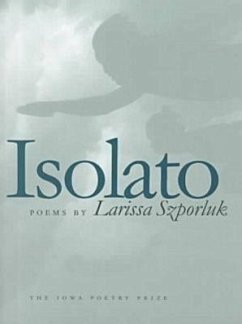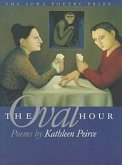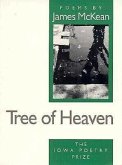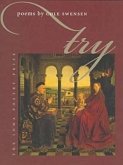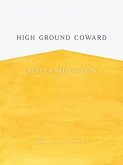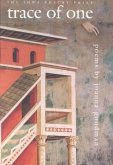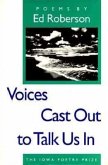The short lyric poems in Larissa Szporluk's new collection, Isolato, search for meaning and beauty -- for poetry -- in an unpredictable and incomprehensible world. Their voices break from the contemporary preoccupation with autobiography, held together by language rather than a sustained narrative or plot. Yet the narrative fragments clearly evoke certain themes and moods: interaction of and struggle between the human and natural world; violence, particularly against women and children; alienation and betrayal; the mysteries of the universe, God, and death; and, of course, poetry itself. Variously called a religious, a metaphysical, or a visionary poet, Szporluk has been compared to Emily Dickinson and George Herbert as well as to twentieth-century poets like Sylvia Plath, Mark Strand, and Louise Gluck. Her work is concise, experimental, and challenging. Language and syntax are often elusive, the logic that of dreams or music, the imagery mysterious. The poems, once read, are not easily dismissed. Like the poet's "Deer Crossing the Sea", readers find "the promise of nectar / haunts them forever, the shore pecked out / of their eyes, and there, in its stead, / something greater to catch, / a scent that would paralyze God".
Hinweis: Dieser Artikel kann nur an eine deutsche Lieferadresse ausgeliefert werden.
Hinweis: Dieser Artikel kann nur an eine deutsche Lieferadresse ausgeliefert werden.

